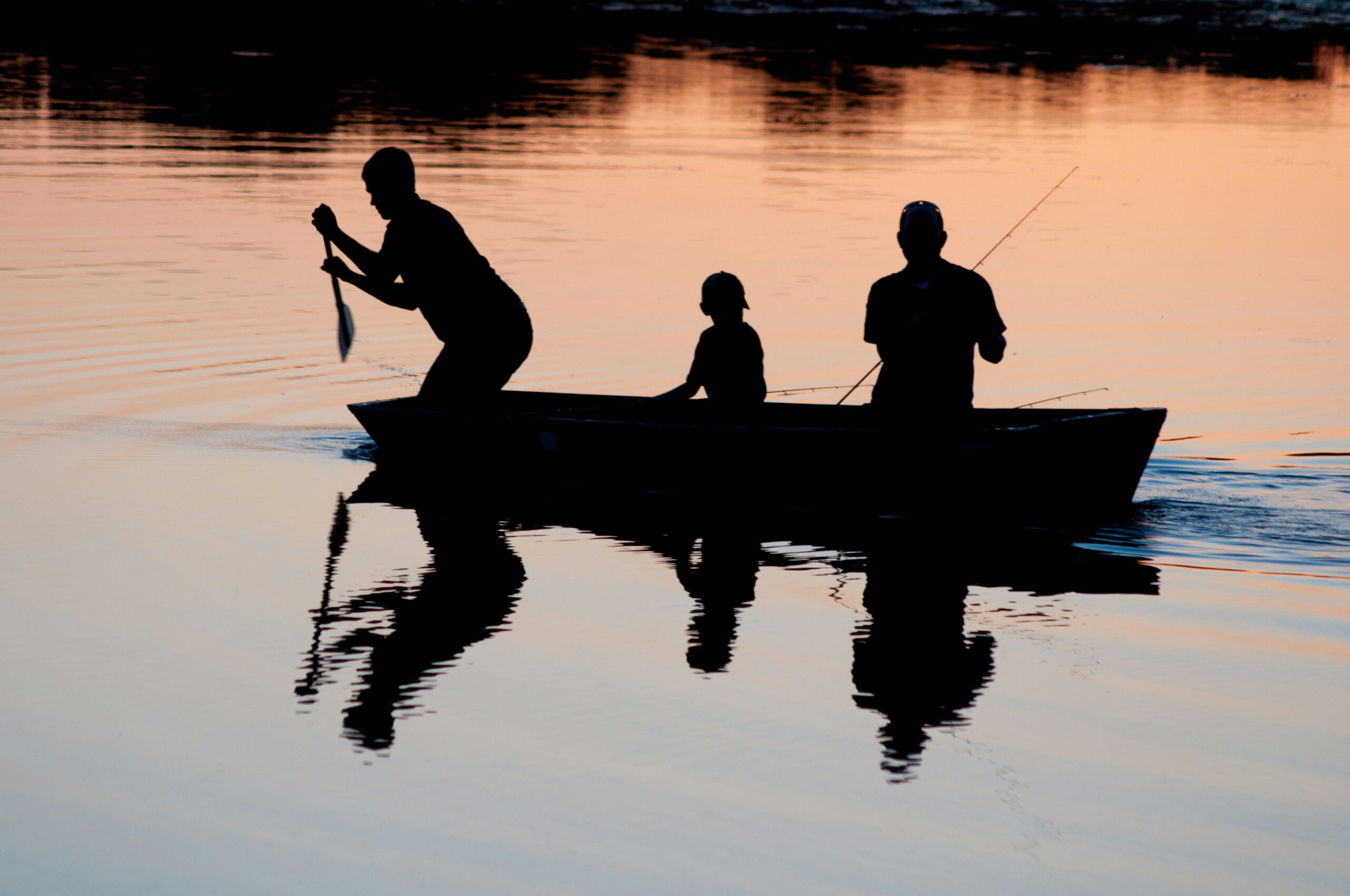Ever wonder why it feels like you’re navigating through a sea of chaos out there? It’s not just the waves—sometimes it’s the boaters who haven’t quite gotten the memo on boating etiquette.
Imagine the water as one big, floating party where everyone’s invited. To make sure you’re not the one everyone’s secretly hoping will leave, here’s a guide to boating etiquette. Think of it as your cheat sheet to being the most popular captain on the high seas. So, grab your life jacket, and let’s dive into the unwritten rules that’ll keep you cruising smoothly.
Boating etiquette 101

Respect the Right of Way
Respecting the right of way is fundamental to safe boating. Just like on the road, there are specific rules for who has priority on the water.
Powerboats must yield to sailboats and vessels that are manually propelled, such as kayaks and canoes. When approaching another powerboat head-on, you should pass on the right (starboard) side. If you’re overtaking another vessel, do so from their starboard side while maintaining a safe distance.
Clear communication is key—use your horn or lights to signal your intentions, particularly in busy or low-visibility conditions, to prevent misunderstandings.
Keep Your Distance
Maintaining a safe distance from other boats is crucial. This is especially important if you are on a jet ski, if you are following a boat to play in its wake give them ample space. Don’t follow the boat if they are towing anyone, whether it’s tubing, wakeboarding or wake surfing.
Not only does it help prevent collisions, but it also ensures that everyone has enough space to enjoy the water. Avoid creating wakes that could disturb other boaters, especially in crowded areas or near smaller vessels.
Anchor Considerately
When anchoring, make sure you’re not too close to other boats. Always anchor in designated areas and avoid obstructing navigation channels or popular fishing spots. Allow enough space for all boats to swing with the wind or current without the risk of collision. Be mindful of where you drop anchor to avoid blocking navigation channels or disturbing marine life.
Watch Your Wake
Managing your wake is another important aspect of boating etiquette. In no-wake zones, which are often located near marinas, docks, and swimming areas, it’s important to reduce your speed to avoid creating large wakes.
This not only helps prevent damage but also ensures the safety of swimmers and smaller boats. Be mindful of your wake’s impact on others, particularly when passing near boats that are at anchor or operating at slow speeds.
Help Out When You Can
Boating fosters a sense of community, and part of that is being willing to lend a hand when needed. Whether it’s helping someone dock, offering assistance in an emergency, or sharing local knowledge, it can make a big difference.
Small gestures, like assisting with lines or providing directions, contribute to a supportive and friendly boating community. If you notice a boat in distress or someone who might need aid, don’t hesitate to check if they require assistance.
Dispose of Waste Properly
Keep our waterways clean by disposing of trash and waste properly. Never throw trash or other waste overboard; instead, use designated disposal facilities or bring waste back to shore.
Following local regulations for handling and disposing of sewage and other pollutants is essential for maintaining the health of our marine environment.
By being mindful of your waste, you help keep the waters clean and safe for wildlife and future generations.
Be Mindful of Fishing Boats
Fishing boats, whether anchored or trolling, often have lines in the water that can extend some distance from the boat.
Fishing boats often have lines that extend well beyond their vessel, so give them a wide berth to avoid snagging lines or disturbing their catch. If you’re passing through a popular fishing area, proceed slowly and respectfully.
Be Patient and Courteous
Lastly, practice patience and courtesy at all times. A friendly wave, a smile, and a respectful attitude go a long way in creating a positive atmosphere on the water.
In busy marinas or popular boating spots, practice patience by waiting your turn and avoiding rushing or cutting in line at docks or ramps.
Maintaining a positive attitude and showing respect to fellow boaters contributes to a supportive boating community.
Protect Your Boating Experience
At Portside Marine Insurance, we believe that understanding and practicing good boating etiquette not only enhances your experience but also helps keep everyone safe.
If you have any questions about your marine insurance needs or want to ensure you’re fully covered while enjoying the water, give us a call.
Our team is here to help you navigate the ins and outs of boating insurance, so you can focus on what matters most—enjoying your time on the water.

